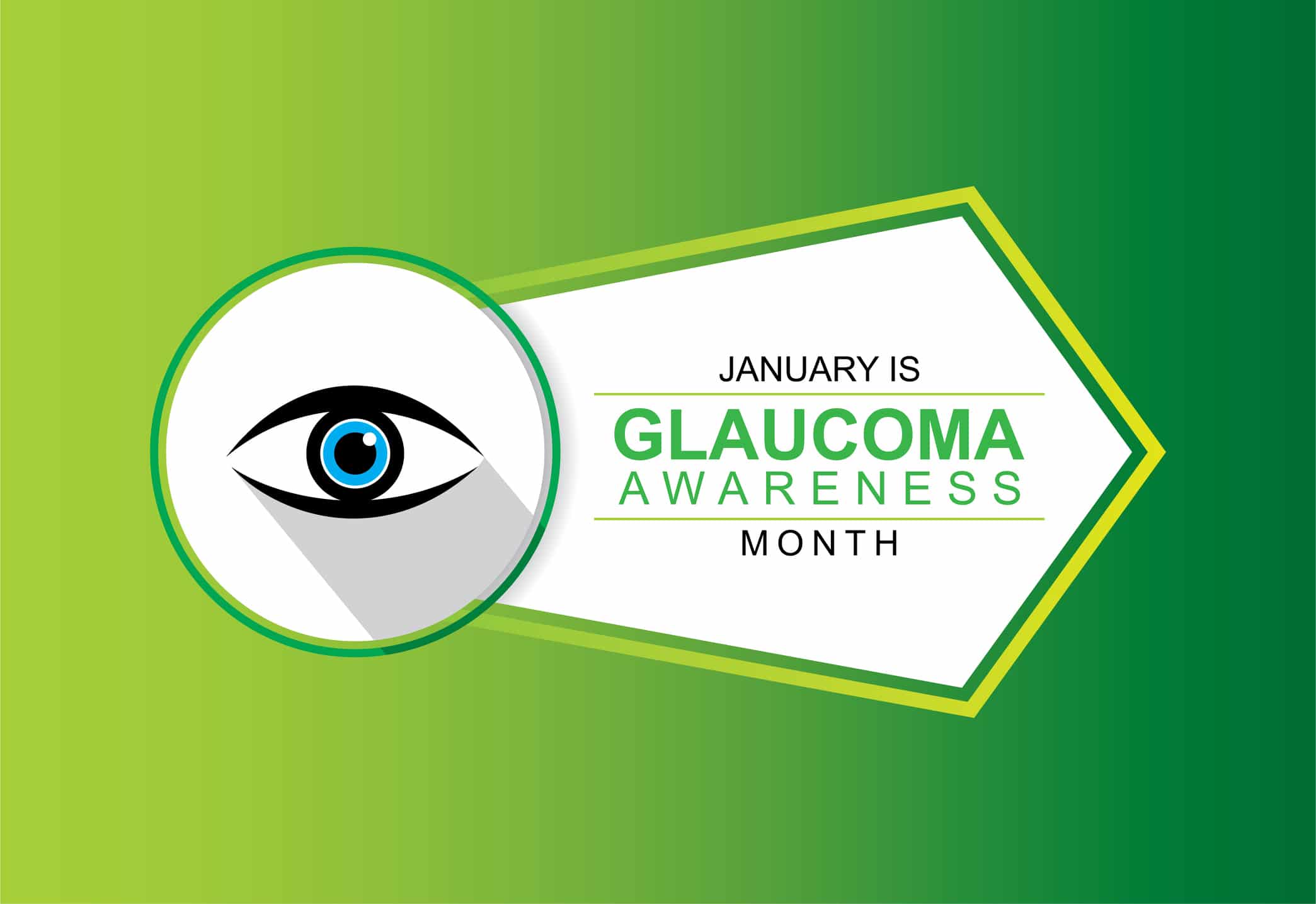If you have been diagnosed with glaucoma rather recently, it is likely that you have a multitude of questions in regards to what the most appropriate treatment option is for your specific set of needs. In some capacity, determining the proper treatment plan is not all that difficult due to the fact that all treatments center around attempting to lower the pressure of the eye. The actual choice of how to lower that pressure is a bit more complicated though due to the fact that there are so many to select from. Some of the most common treatment options include lasers, medications, and even surgery in cases that are found to be particularly severe. It is totally natural to feel overwhelmed when contemplating all of the treatments for glaucoma. It would be wise to seek out advice from your ophthalmologist regarding this matter as they will be able to guide you in the correct direction. However, you should also feel free to ask them questions in order to fully understand your condition and why one treatment option may be better than others for you. Having a list of questions that you have prepared in advance also has the added benefit of allowing you to frame any thoughts or concerns that you have about treatment.
Is there a cure for glaucoma?
Unfortunately, there is no cure for glaucoma. This means that the treatments that are given can not reverse the damage that has already been done to the eye, but it can help to prevent it from progressing any further. Slowing down the progression of the disease is considered to be essential because if it is not treated properly it can easily lead to blindness and degeneration of important structures within the eyes such as the optic nerves. The main goal of all of the treatment options that you will be offered is to reduce the pressure on the eye. The ophthalmologist also has a goal of helping you treat the disease in a manner that is least likely to cause you further issues. The ophthalmologist is an expert in all matters pertaining to the eyes, so it is safe to trust their judgment regarding any suggestions that they make. They won’t suggest that you do anything that makes the underlying condition worse.
What are the treatment options for glaucoma?
There are actually several treatment options for glaucoma. The most popular include medications, prescription-strength eye drops, minimally invasive surgeries, and laser trabeculoplasty. We understand that you might not understand how some of these options work and would be happy to provide you with further information. In the vast majority of cases, medications will be the first approach considered, but laser trabeculoplasty is another reasonable first approach to consider.
Medications
Opting to use medications to treat glaucoma symptoms has several advantages. The biggest is that most people can easily tolerate this option and have very few serious side effects. Not only that, but they also have a fairly high success rate which will significantly reduce the need to contemplate some of the more extreme treatment options such as surgery. While we mentioned that there are very few serious side effects, it is crucial to remember that it is possible that you may still experience some. Eye irritation and redness are likely to occur. This typically is not serious, but it can be rather uncomfortable and annoying to deal with. You’ll also need to make sure that you are consistently taking the medication as prescribed in order to see the intended effects.
Laser Trabeculoplasty
Laser trabeculoplasty is also deemed to be very effective when it comes to treating glaucoma. You will also not be required to use drops any longer once the procedure has been completed if the pressure of your eye has proven to be rather easy to control. There are very few side effects from this treatment option. A disadvantage of this treatment is the fact that it is a procedure and you likely will have to take a bit of time off of work. Like with any other procedure, there are risks that are involved. As it was already mentioned before, glaucoma is not curable and, as such, this procedure will not be able to cure you. It is also important to keep in mind that the effects can wear off over time, so you may need to undergo the procedure again at a later date. Some patients do not want to have to deal with having to remember to apply eye drops on a consistent basis leading to their decision of opting for the laser to be pretty clear. Some aren’t a fan of the potential risks that come with such a procedure, and that is totally fine. It is essential to communicate with your ophthalmologist regarding all of the potential options that you can choose from before making your final decision. This will allow you to work alongside an expert who will guide you in the right direction and let you know whether or not you are an excellent candidate for a specific type of procedure.
Surgery
Surgical options are typically reserved for patients that have a very severe case of glaucoma that is believed to be unable to be treated via medication or laser-based treatments. Thanks to advancements in technology, there are now surgical options that are very minimally invasive and are typically done alongside surgery for cataracts. In most cases to be approved for surgery, you must also have a cataract that is altering your quality of life significantly. In such an instance, medications may be bypassed altogether As with the other treatment options already mentioned, surgery has also shown to be effective at adequately reducing the pressure of the eye.
What are some side effects?
Generally, all treatment options have some side effects, so it is important to have a rough idea regarding ones that you may potentially notice. Each medication will have unique side effects, so it is crucial to contemplate your own personal circumstances to determine the types of side effects that you could reasonably handle. Some of the more common side effects reported with glaucoma medications include irritation of the eyes, redness, and growth of eyelashes. If you have lighter eyes, you may also notice that your irises have become noticeably darker than they were previously. You may find yourself wondering whether the treatment options for glaucoma are actually successful. The answer is that the success rate will vary depending upon several factors. Some treatment options will be more effective than others. It is best to speak with a professional to determine what treatment plan is best for you and your needs. On top of that, they will be more than happy to answer any questions that you may have regarding each treatment. Highly trained and accredited Ophthalmologists Dr. Gary Fishman and Dr. Simon Wu of the Vision Center of New York would love to help you treat and effectively manage your glaucoma. Give us a call today to get your consultation scheduled and get on the road to preserving and restoring your vision today!

